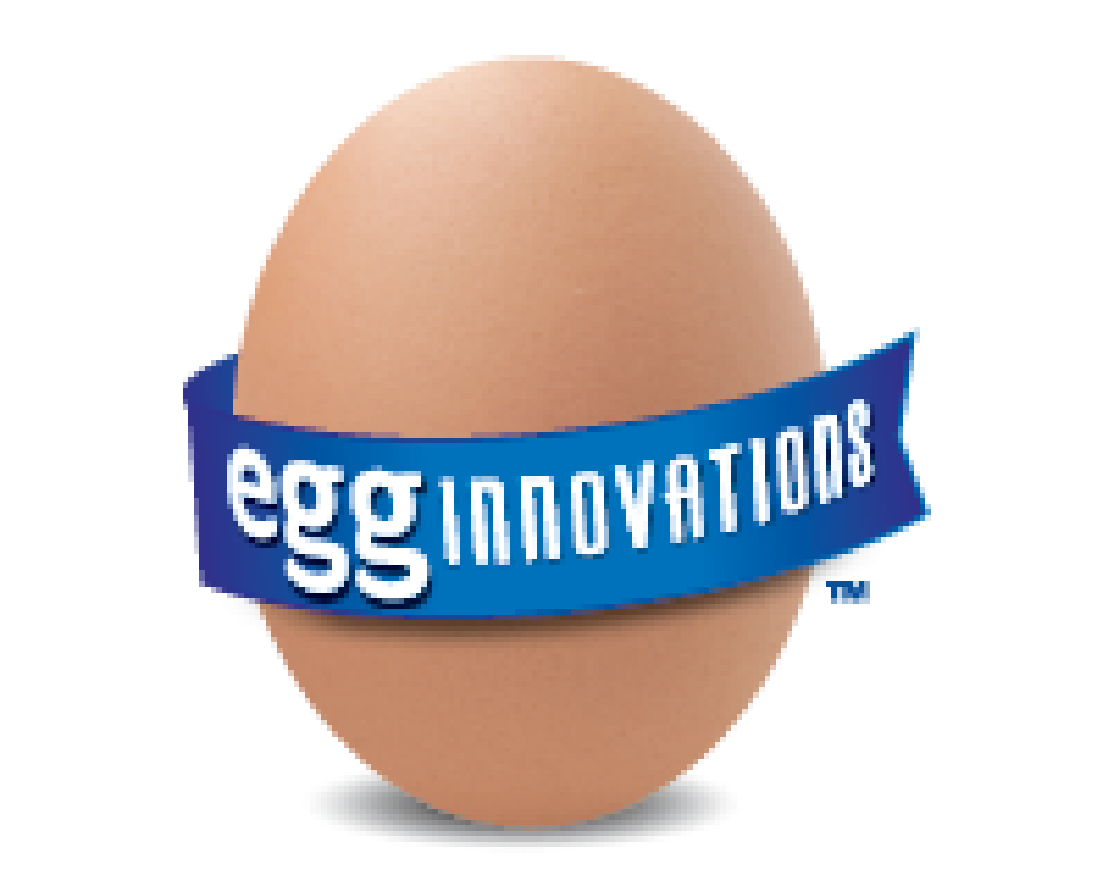Our
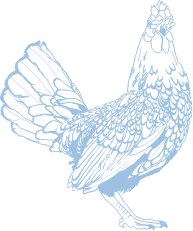
Mission
Simply put, we are on a mission to put the welfare of our chickens, people, and planet first. This philosophy underpins every decision we make and every action we take.
For us, that means returning to the way we used to farm. Our chickens are raised on family farms, without growth hormones, pesticides, or antibiotics. All of our farms are designed to allow our chickens to engage in their natural behaviors. The freedom to do what they like to do makes them healthy, leading to better, tastier eggs – all of which support a healthier planet.
Our Family Farmers
One of the most important values to our company is supporting and maintaining strong relationships with our family farmers.
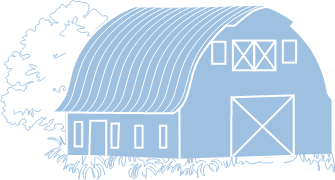
Egg Innovations carefully chooses its partnerships to not only make sure they are a good fit, but also uphold the values that make us successful. There is a difference between high and low-performing farms which starts with how passionate and engaged the farmer is about chickens and regenerative agriculture. We look for farmers who are willing to go the extra mile, especially if it means producing better tasting, ethically-raised eggs.
The time, thought and process that goes into selecting the farmers who match our enthusiasm of the ethical treatment of animals and the planet is what sets us apart from others in the business.
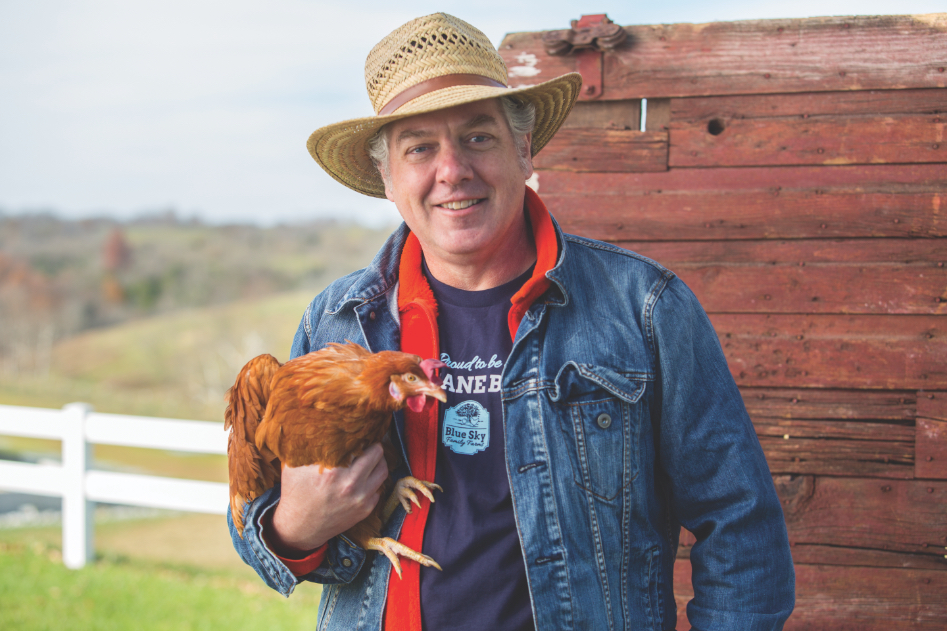
THE IMPORTANCE OF
Regenerative
Agriculture
The focus of regenerative egg farming is on restoring and maintaining soil health, increasing biodiversity, and creating a symbiotic relationship between chickens and the environment. At its core, regenerative agriculture aims to combat climate change and improve the ecosystem of the planet. Sustainable farming practices have always been in Egg Innovations’ DNA.
Our research, based on a holistic analysis of the egg production cycle, includes classic poultry science, genetics, and nutrition in concert with the environment, sustainability, and most importantly, animal welfare. This focus has made us the leader in innovative regenerative farming as well as sustainable and ethical commercial egg production.
WE’RE MAKING A COMMITMENT TO THIS APPROACH BECAUSE WE
believe in it,
and we think
it’s the right
thing to do.
-John Brunnquell
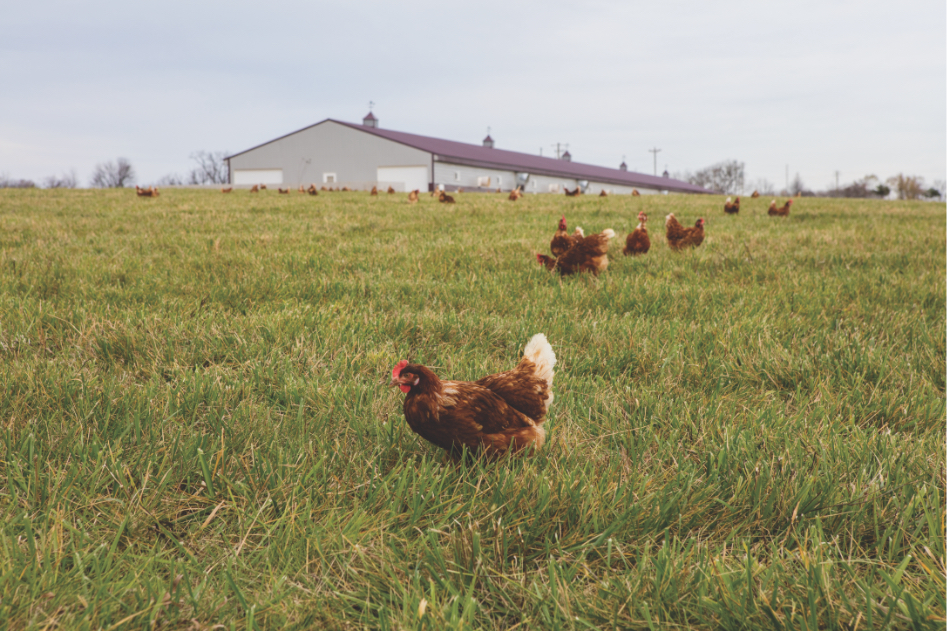
Unlike other marketers of ethical eggs, Egg Innovations owns the hens and provides management oversight of every pasture. this allows us to implement and execute accounting to the four pillars of sustainable protocol: promote higher biodiversity; eliminate all synthetics on farms; construct multi-tier vegetation on pastures, and utilize ground covers. Based on commercial knowledge, vertical integration and animal expertise, we are uniquely positioned to deliver regenerative farming at scale across over 1,000 areas of pasture dedicated to laying hens.
We are the first egg producer on the globe to commercialize regenerative farming of free-range and pasture raised laying hens on this scale. Our advances in regenerative agriculture are much more than just policies and technical procedures. We’re making a commitment to this approach because we believe in it, and we think it’s the right think to do. It reinforces our company’s culture, values, and identity.
Our Hens’
Natural Behaviors
As a function of our dedication to improving the lives of our chickens, we’ve designed and implemented a “chicken-first” system. This means providing our birds the freedom to engage in their natural behaviors that make them healthy and relatively stress-free. When allowed to engage in all five of these behaviors, we believe chickens are more content, live longer, are more productive, and produce better, tastier eggs.
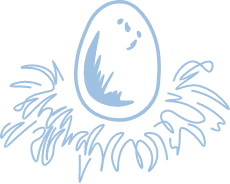
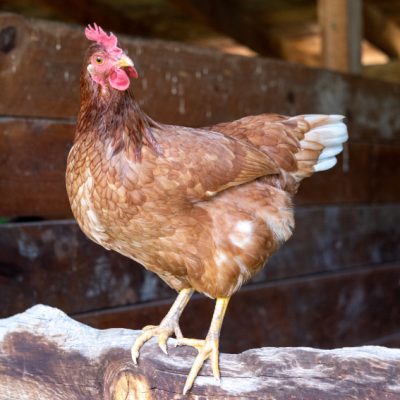
Perching
By nature, chickens have poor eyesight, so in the wild they will perch, specifically at night, to protect themselves from predators that lurk below. The same natural tendency can be found in domestic and commercial birds. When given the opportunity to perch, 90% of birds move to higher perching areas once it becomes dark. Perching creates safety and strength for the bird, along with other benefits that impact the animal’s overall well-being. When provided with the appropriate barn features to perch, chickens become happier, healthier, and stronger. When perching is introduced to chicks at a young age, they grow to have increased muscle mass and bone strength, along with higher cognitive development.
Pasturing
Pasturing is similar to scratching in the way it satisfies the bird’s curiosity. What’s different about pasturing though, is it supplements the birds’ diets and provides them with the vitamins, minerals, protein, fiber, and other components of a healthy chicken’s diet. Birds that spend time outside in the pasture, to forage on green grass and bugs, have better digestion, stronger bones, and better egg shell production. This supplemental diet for grass-fed flocks has been seen to decrease the amount of cholesterol found in the egg, while increasing the amount of vitamin A and E – and produces a healthier ratio of Omega-3s to Omega-6s. Providing hens with a safe and welcoming outdoor environment not only improves their diet and health, but also creates the stimulation needed to live a happier, more content life.
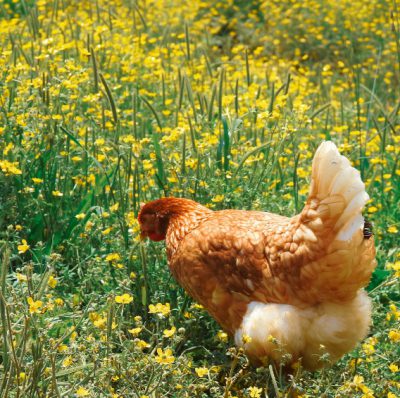
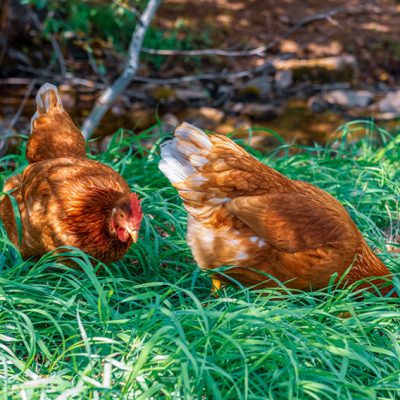
Scratching
Chickens are extremely curious by nature. During their leisure time, they like to roam freely around the pasture, exploring the different areas and vegetation. Scratching gives them an activity and a way to explore the soil through foraging. A higher intensity of scratching suggests better bird welfare since they are able to engage in this naturally occurring behavior rather than taking their stress and energy out on other birds of the flock.
Socializing
By nature, chickens are very social animals. In fact, their communication has a built-in safety mechanism that protects them from predators. Out of the 30 chicken calls, 19 of them indicate either warning of a predator, the safety of the pasture, or nesting. A strong communication network impacts and shapes the hierarchy of the chickens and specifically affects how well the members of the flock interact with one another. When there is greater room to roam and a sense of safety, smaller birds are less likely to be victimized by larger ones. Just like humans, birds allowed to socialize and follow their natural communication instincts are happier and healthier.
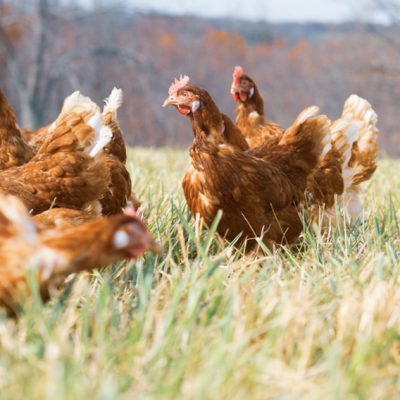
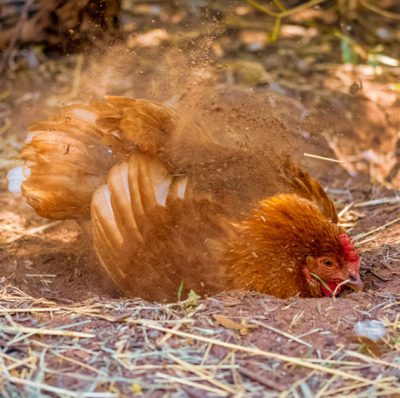
Dust Bathing
Dust bathing is natural for a healthy chicken. When one chicken begins to dust bathe, others will follow suit in a natural, seemingly organized way. For this reason, dust bathing is seen as a social activity and catches on amongst the flock as one hen begins. The effects of dust bathing are primarily to clean their feathers, cool down, get rid of parasites, and spread their natural oils. Chickens typically will look for a fresh place to bathe, further supporting their curiosity. When allowed to dust bathe, chickens are healthier not only on the outside but also on the inside since they can express this hardwired behavior.
BEHIND THE
Research

John Brunnquell, our President and CEO, has a PhD in Avian Ethology, or the study of natural chicken behaviors, and has been studying chickens for decades. His academic research has shaped every company decision in order to keep the well-being of our chickens our top priority. You can read his academic research here.
Contact Us
We are always looking to expand
our Egg Innovations family.
Farmers | Retailers | Wholesalers | Food Service | Manufacturers | Careers
